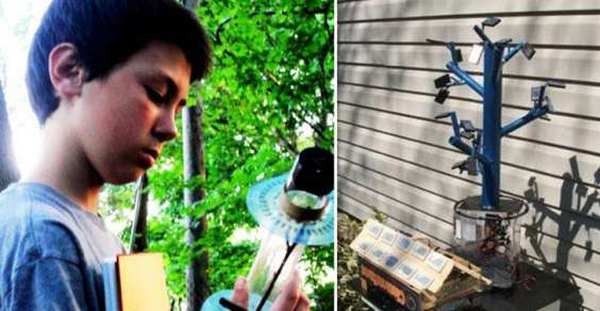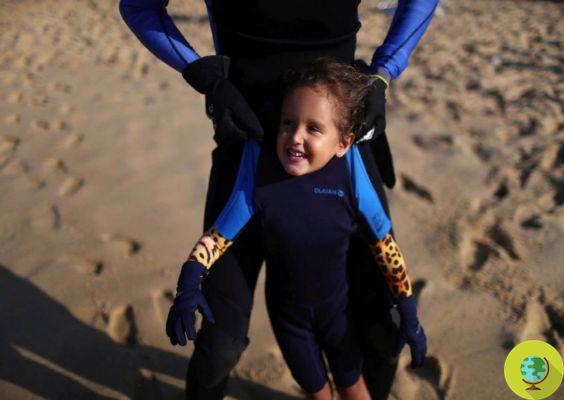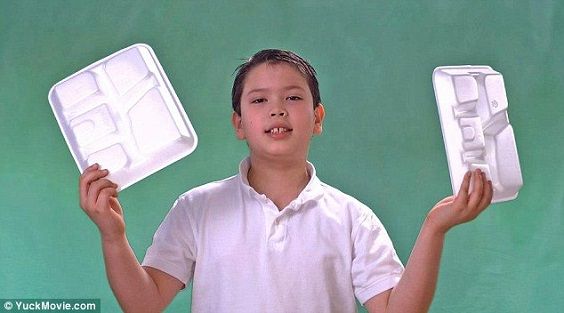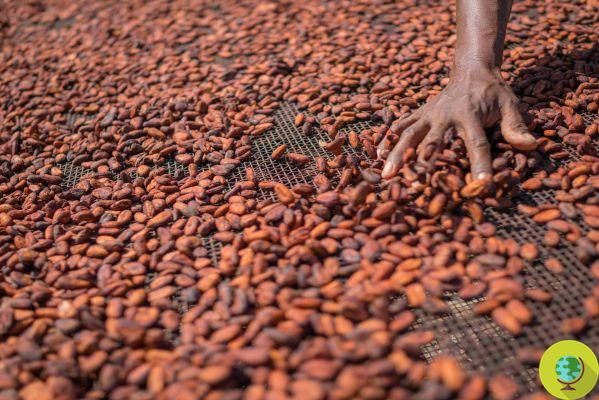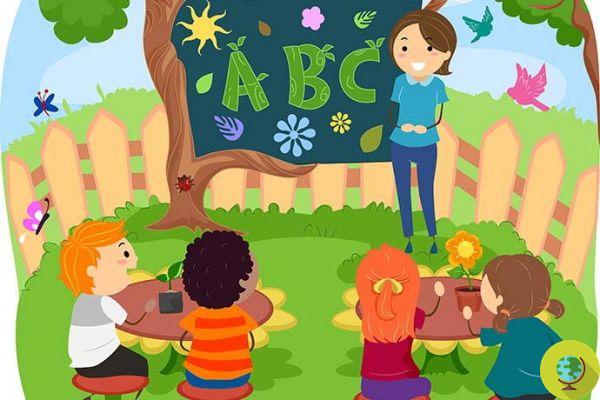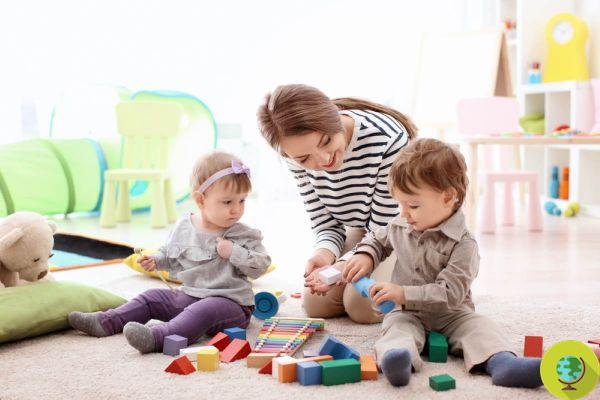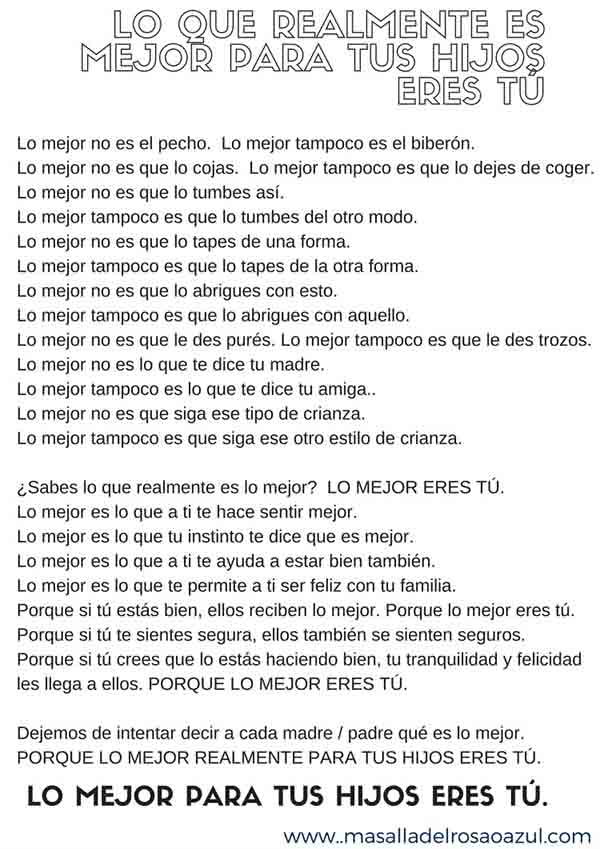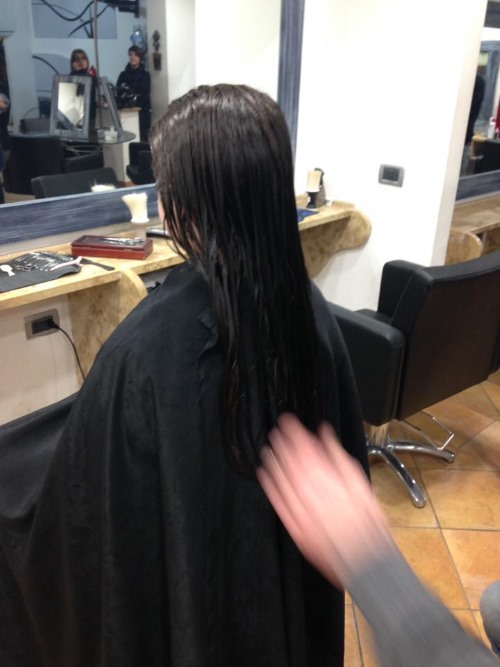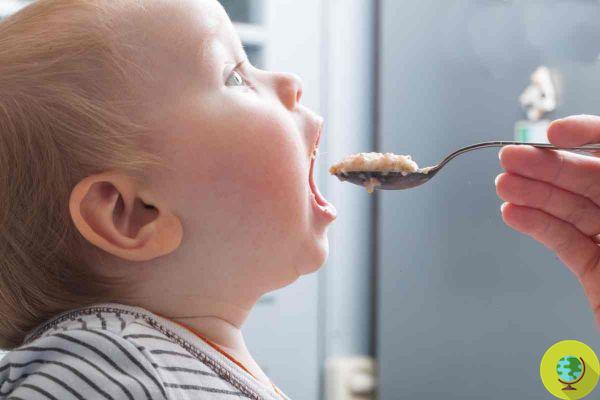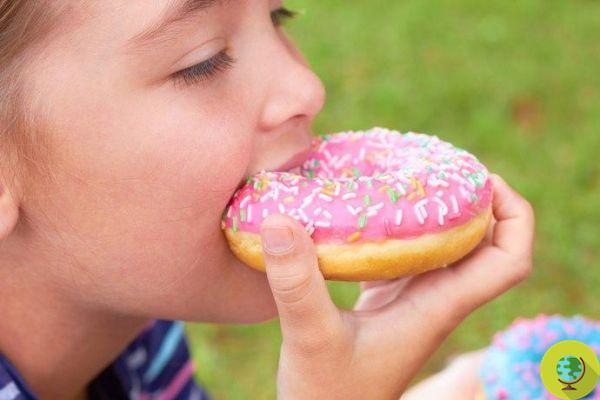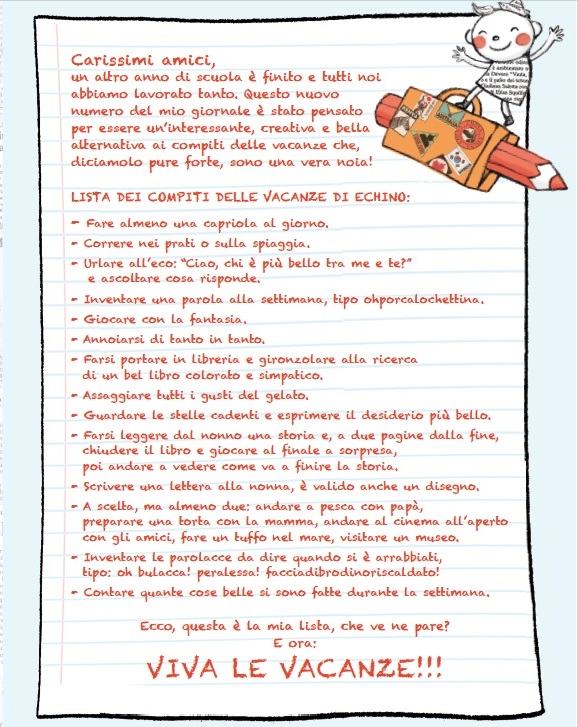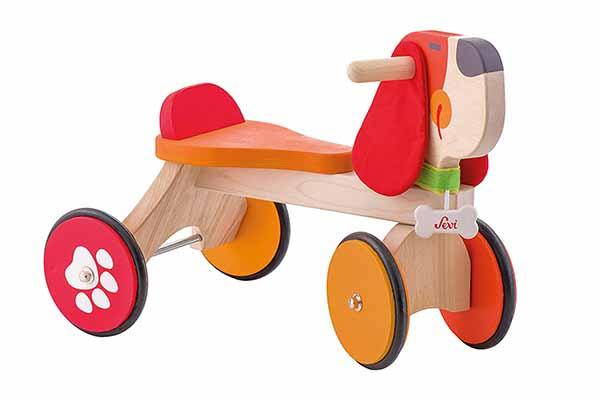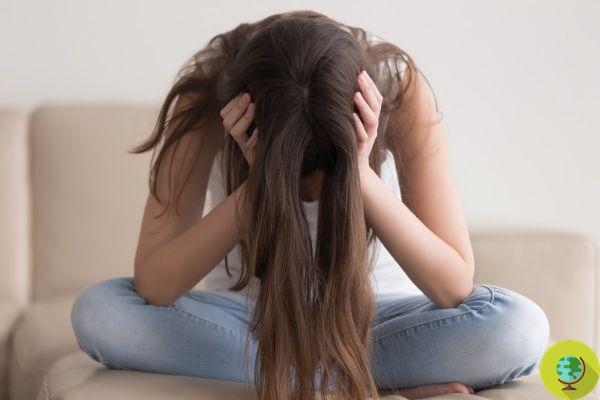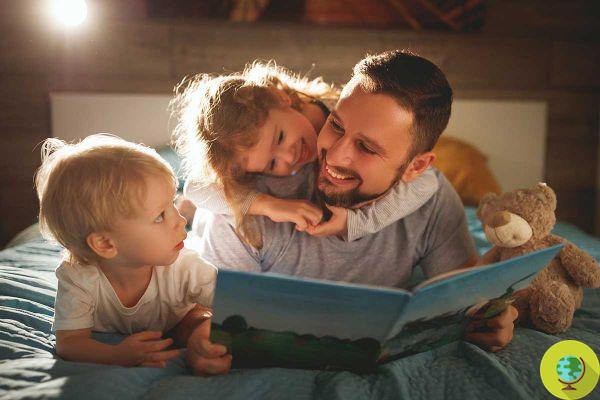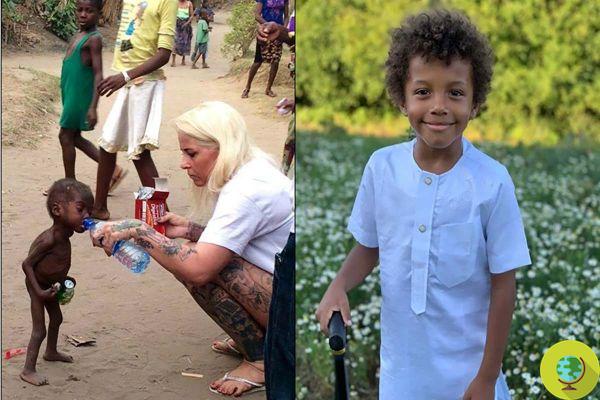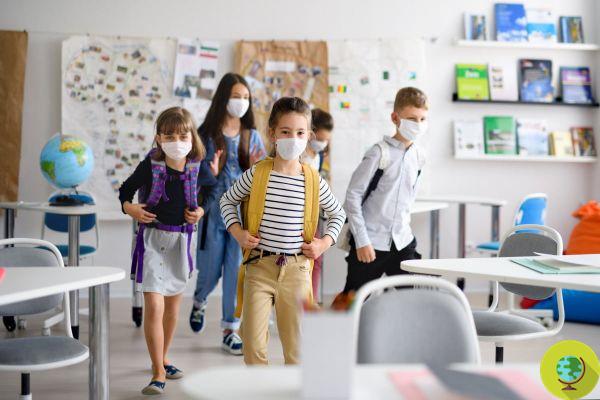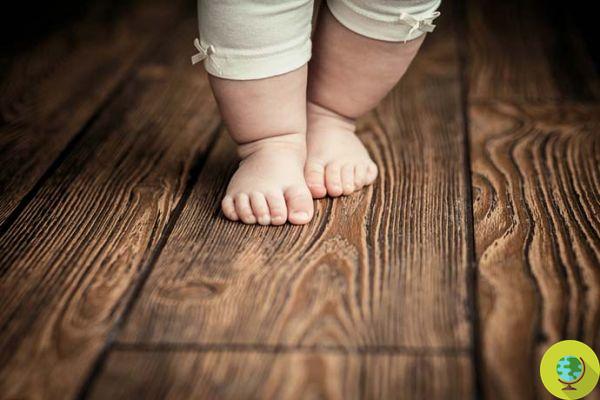
Walking barefoot has many scientifically proven benefits for children as well (of course, safely and using common sense!).
Don't store avocado like this: it's dangerousWe often worry that our children always wear shoes or slippers so they don't get cold when in contact with surfaces or the earth. In reality, most of the time this concern is unfounded and on the contrary there are many benefits of walking barefoot for children (of course in safety and using common sense!).
Those who have children have almost certainly found themselves in a situation where their child suddenly decides to take off their shoes and socks and walk barefoot. In that case mothers and fathers immediately try to remedy the problem by making him wear slippers, if he is at home, or by putting the badly removed back on him if he is for example on the grass in a park or in the garden.
In reality, children should have more opportunities to experience the joy of walking barefoot also because this seems to offer them various benefits, also confirmed by some researches, the most famous of which is undoubtedly the one carried out by Isabel Gentil García entitled “Preventive podiatry: barefoot children mean smarter children ”.
Index
Freedom and happiness
Barefoot children can experience that feeling of freedom that they love so much and that distinguishes them as well as a higher level of happiness. They should therefore be encouraged more often to enjoy their body and motor skills with bare feet so that they can also better discover the world around them.
Intelligence
According to Dr. García's research, children who walk barefoot have the opportunity to accelerate their growth and improve their intellectual development. This is thanks to the fact that walking barefoot promotes visual coordination and obtains important tactile and perceptual information.
World exploration
Few people know that in infants and very young children the feet have an even more developed sensitivity to touch than that of the hands and it is thanks to these parts of the body that they can experience the greatest contact experiences. This is true at least up to 9 months. Walking barefoot therefore means having the opportunity to better explore the world through your senses.
Learning
Through the feet, the child can perceive the different surfaces and textures (carpets, earth, wood, grass, water, etc.) and this is part of a learning and a knowledge of the things around them which is very useful. At the beginning of their journey in the world, the little ones need to learn precisely through exploration and direct contact with surfaces.
More self-awareness
Walking barefoot increases the awareness of themselves and the perception of their position within the space in children. This is thanks to the observation of the movements that are made with the toes and the feet themselves, the contact with the ground or the floor but also perceiving the smell of the foot. Many senses are set in motion and interact to increase the skills of the little ones.
Balance and stability
Walking barefoot promotes a sense of balance and stability. To ensure that the foot learns the function to which it is called, that is to support and support us, it needs to experience without interference in order to be able to receive all the sensory stimuli. Consequence of all this is the next point.
Walk first
In the case of very young children, often leaving them barefoot means encouraging an early walk. In fact, children will feel better anchored to the ground and will have the opportunity to experience their first steps and then the real walk without something getting between them and the floor or surface on which they are located.
Better formation of the sole of the foot
We know that shoes force the feet inside and this can lead to problems especially if they are not of good quality. Walking barefoot, on the other hand, improves the formation of the sole of the foot, avoiding, among other things, the problem of flat feet.
Joint and bone development
Another advantage of walking barefoot is that in this way the foot is exercised at its best and can stimulate the correct growth of the joints, bone and muscle development.
Feet without problems
Walking barefoot prevents the formation of fungi, bacteria, sweat, calluses and bad smells. All situations that are highly favored by wearing shoes.
Children seem to know all this and instinctively take off their shoes and socks precisely because this is more natural to them in the exploration of the environment around them and also because (let's face it) the shoes are often uncomfortable and give them a sense of compulsion. On the little ones who still don't walk, shoes are an absolutely useless accessory and their use must be limited to a minimum.
So let's remember that it is recommended to walk barefoot inside the house, on the beach, in the garden, in the parks, obviously always in the context of common sense, considering any dangers and the temperature of the ground.
To learn more about the benefits of walking barefoot in adults, read also:
- Walking barefoot around the house is good for your health
- Barefooting: all the health benefits of walking barefoot




